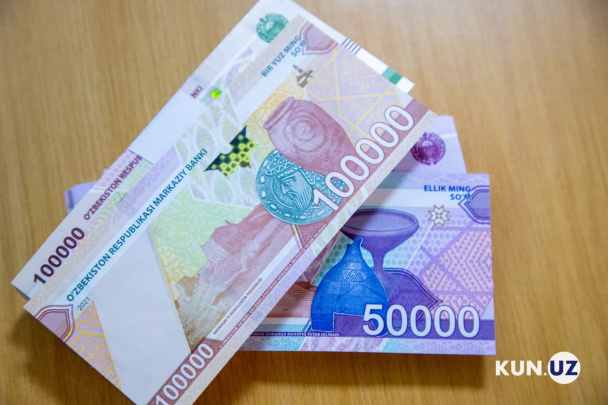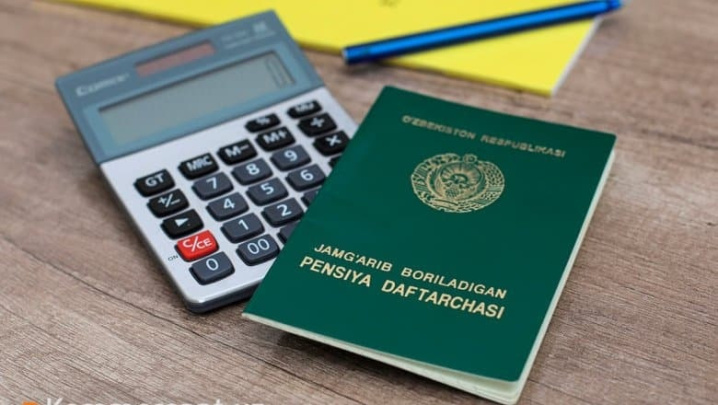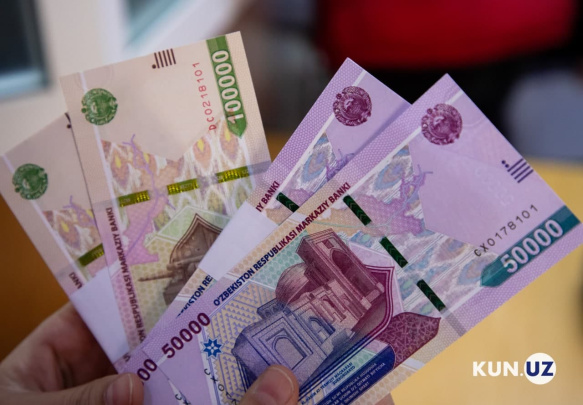Uzbekistan to reform pension system, may raise pension age
Uzbekistan has established a working group to draft a comprehensive concept for reforming the country’s pension system. This initiative is part of broader efforts to modernize the state pension provision system and address existing challenges. According to a recent resolution by the Cabinet of Ministers, the concept is expected to be presented to the Presidential Administration by March 1, 2025.

The working group, headed by Deputy Prime Minister and Minister of Economy and Finance Jamshid Kuchkarov, includes key figures such as First Deputy Minister Ilhom Norkulov and Bahodir Rakhmatov, Director of the Strategic Reforms Agency under the President. Representatives from various ministries and agencies will also contribute, along with experts from international organizations such as the International Monetary Fund (IMF), the Asian Development Bank (ADB), and the International Labor Organization (ILO).
The group will analyze the current pension system, identify its shortcomings, and propose solutions to ensure its sustainability. Key goals include reinforcing social justice and drawing on advanced international practices to strengthen the system. The reform is aimed at ensuring that the pension system remains viable in the long term, especially as the country's population and labor market evolve.
As part of this initiative, the working group has been tasked with engaging the public through media and social networks, as well as conducting surveys to gather input on the proposed reforms.
The need for reform has been underscored by recent recommendations from the World Bank. In an April 2023 report, the World Bank advised Uzbekistan to gradually raise the retirement age to 65, beginning in 2025. The proposed increase would occur incrementally, with the retirement age being raised by 3-4 months each year.
The World Bank emphasized that a phased approach would allow the country to manage demographic pressures and ensure financial stability. The bank noted that implementing such changes before the country’s labor force growth potential is exhausted — around the mid-2040s — is critical for maintaining competitiveness. Additionally, the report highlighted that neighboring countries with higher birth rates and retirement ages already enjoy certain advantages.
In July 2024, the Strategic Reforms Agency revealed that only 38% of Uzbekistan’s population is covered by the pension system, largely due to high levels of informal employment. The agency also noted that while the country’s pension contributions are relatively high (12-25%), the benefits remain average compared to other nations. Addressing this imbalance is one of the key challenges for the ongoing reform efforts.
The proposed pension reform is seen as a vital step in ensuring the financial sustainability of Uzbekistan’s pension system and public finances in the long term. With the involvement of both local and international experts, the reform aims to create a system that is both equitable and adaptable to the country's future needs.
Related News

11:43 / 23.11.2024
Uzbekistan climbs to 62nd place in World Bank's Statistical Performance Index

12:09 / 04.11.2024
Government to raise wages, pensions, and benefits in line with inflation for 2025

15:02 / 01.11.2024
Uzbekistan digitizes pension system, introduces inflation-based adjustments

14:28 / 30.10.2024



